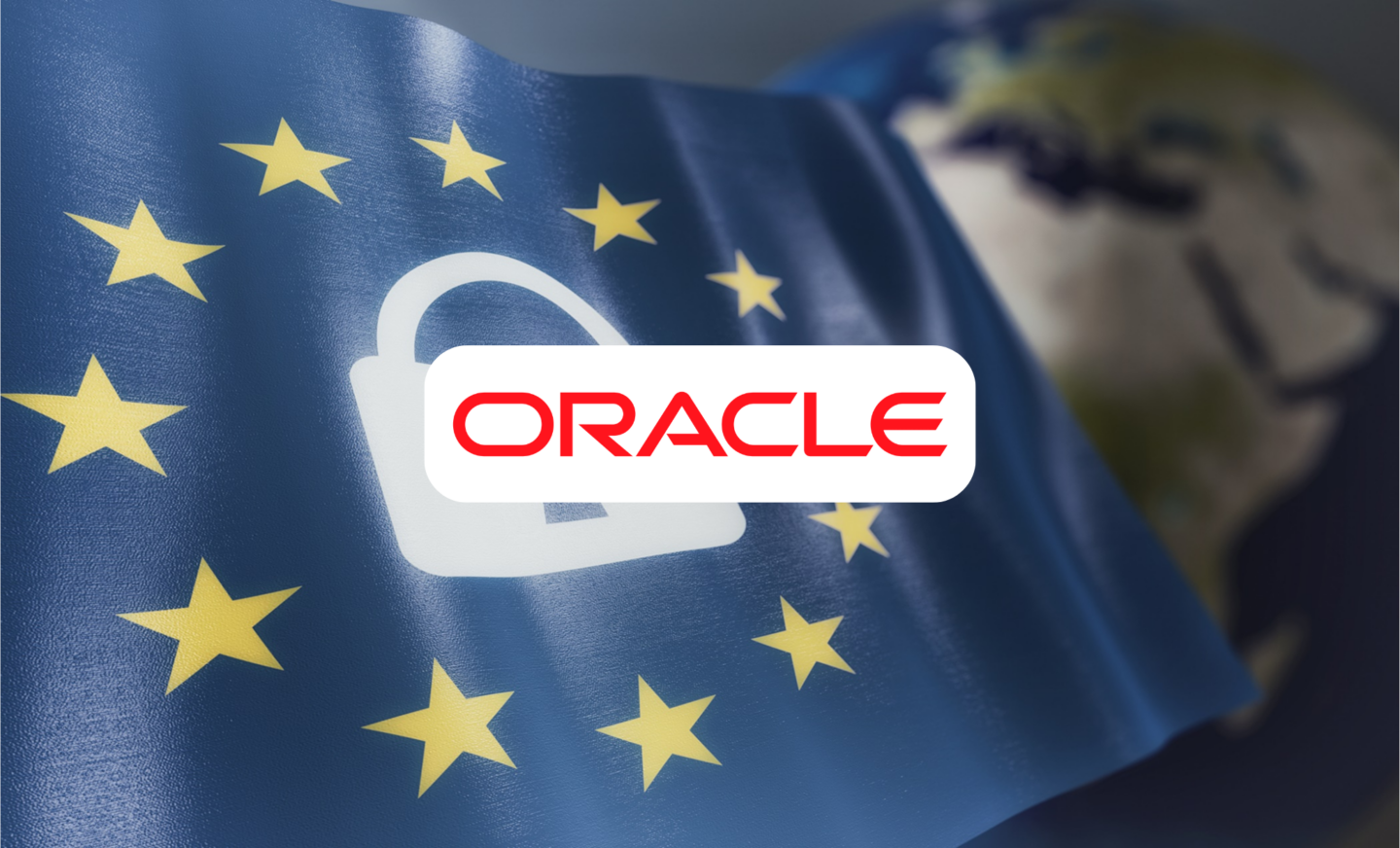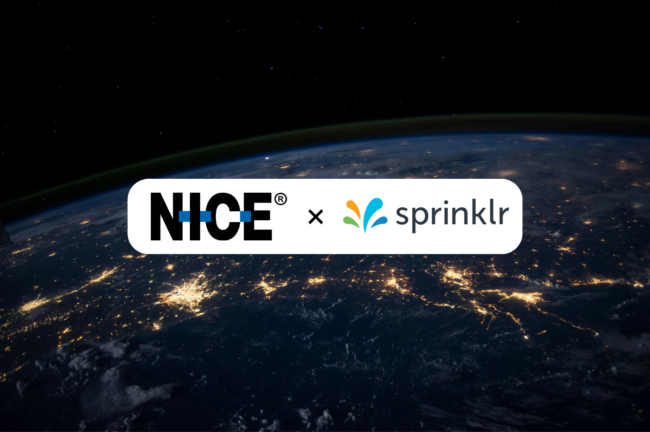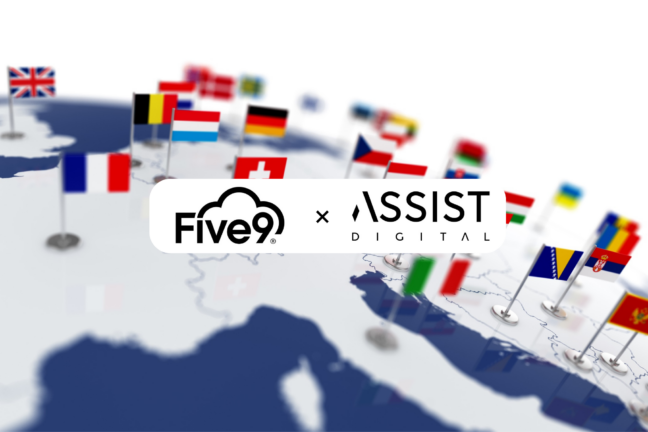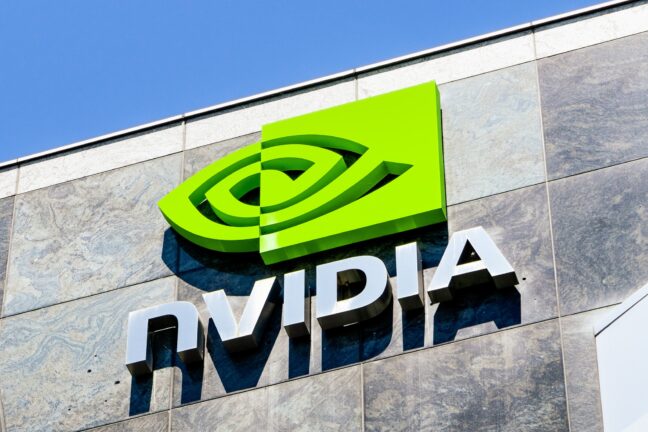Oracle has launched its EU Sovereign Cloud to help organizations in the European Union gain greater control over data privacy and sovereignty. With Oracle EU Sovereign Cloud, which was announced last year, customers can access the services and capabilities of Oracle Cloud Infrastructure's public cloud regions with the same pricing, support, and service level agreements (SLAs) for all workloads.
The EU Sovereign Cloud is entirely located within the EU, operated by EU-based personnel, and managed by separate legal entities incorporated within the EU. This initiative is part of Oracle's distributed cloud strategy, offering customers a new option to address regulatory requirements alongside hybrid and dedicated cloud strategies.
"The European Union technology landscape has changed dramatically due to the growing importance of data protection and localization, leading to increased demand for sovereign cloud solutions that can securely host sensitive customer data and comply with regulations such as GDPR. Our goal is to meet customers wherever they are in their cloud journey and with Oracle EU Sovereign Cloud, customers in highly regulated industries, as well as those subject to certain country-specific legislation, can now accelerate their cloud strategies," said Richard Smith, executive vice president, Technology, EMEA, Oracle.
The Oracle EU Sovereign Cloud is specifically designed to cater to digital businesses operating in highly regulated industries. It offers a secure and compliant environment for customers with sensitive, regulated, or regionally important data and applications. By adhering to EU guidelines and regulations, such as GDPR, the Cloud enables businesses to migrate their workloads to the cloud while ensuring data privacy and sovereignty.
The same services and prices as Oracle's Public Cloud
The Cloud is accessible to customers in all EU member states as well as globally, with over 100 cloud services from Oracle's public cloud portfolio, offering the same performance, management, and availability service level agreements (SLAs) without any additional fees for sovereignty capabilities. Customers can also take advantage of programs like Oracle Support Rewards. Moreover, the Oracle Fusion Cloud Applications Suite, currently accessible through the EU Restricted Access (EURA) offering, is set to be made available in the Oracle EU Sovereign Cloud in the near future.
In addition, it addresses the obstacles faced by regulated industries and governments in adopting generative AI techniques. It allows public sector entities to utilize AI infrastructure in a cloud environment that aligns with their specific data privacy and sovereignty needs, unlocking the potential of generative AI for their operations.
Designed for EU Data Privacy and Sovereignty
The Oracle EU Sovereign Cloud operates under a comprehensive set of policies and governance to enhance data residency, security, privacy, and compliance within the Oracle Cloud Infrastructure (OCI). These policies cover aspects like data storage, access management, and handling data access from entities outside the EU. The Oracle EU Sovereign Cloud leverages existing compliance programs of Oracle Cloud, enabling customers to demonstrate adherence to regional and industry regulations.
Separated architecture strengthens sovereignty
By having a dedicated architecture that ensures data residency and security by keeping it separate from Oracle's commercial regions in the EU, the infrastructure and backbone network of Oracle EU Sovereign Cloud are completely independent of other cloud regions.
Moreover, the Oracle EU Sovereign Cloud offers a streamlined and simplified approach for customers to comply with EU data privacy and sovereignty regulations. It operates separately from Oracle's commercial cloud, providing distinct operations, support, and policies tailored to meet EU guidelines. By containing customer data within the EU and eliminating the need for complex policy configurations, Oracle EU Sovereign Cloud enables faster and more secure deployments while reducing compliance risks.










